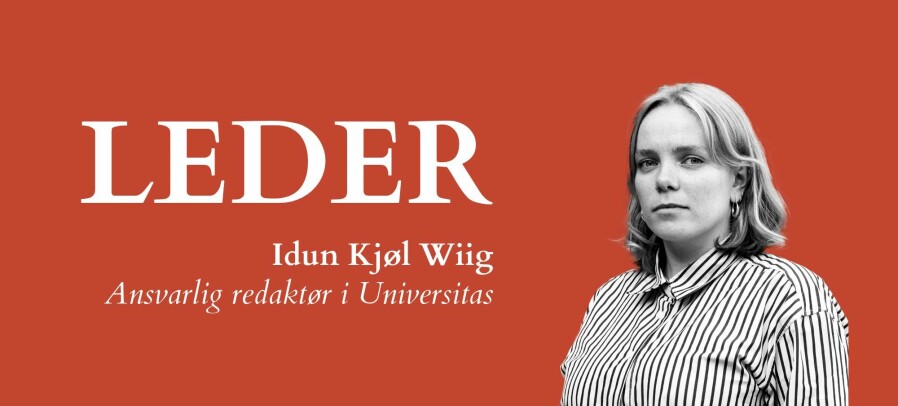
Juss-Buss accused for rule violation
The city council wants to cut the financial support that is given to Juss-Buss because a high number of people who receive help from the law students have an income considered too high.
– We find it strange that the city council chooses to meet the increased need for legal aid with a financial cut, says Stian Bonnevie Arntzen. He is the manager of Juss-Buss, a free legal aid service run by law and criminology students by the University of Oslo.
Last year 5069 persons received free legal aid from Juss-Buss, a number that is 60 per cent higher than it was in 2005. The city council from The Conservative Party and The Progress Party still suggests a cut consisting of 60 000 kroner in next year’s budget. The total granting last year counted 480 000 kroner, an amount that has remained unadjusted for 14 years.
– Rich people get help
– I reacted on the fact that four out of ten Juss-Buss clients earn more than 246 000 kroner a year, explains city council secretary Kai-Morten Terning from The Progress Party, referring to Juss-Buss’ yearly report. He claims that Juss-Buss therefore is breaking the conditions for free legal aid, an offer to people who earn less than the given amount a year. He adds that one out of eight Juss-Buss clients earns more than 400 000 kroner a year.
Arntzen on his side thinks the city council is sloppy with numbers and facts.
– Terning is mistaken in his evaluation of the statistics and in his understanding of free legal aid. His equation is based on a gross evaluation where debt, care responsibilities and similar circumstances aren’t taken into consideration. In reality you need to make a net amount evaluation. Terning’s statement is an example of how little the city council actually knows about whom they’re taking money from, says Arntzen.
Terning says that Juss-Buss will have to discuss this with the ones who are responsible for the politics.
– Legal aid is a governmental task made by the government, and Juss-Buss should instead approach them to receive more resources, says Terning.
He does, however, underline that the job Juss-Buss does is important, and that they fill a hole for those who are in need for help. He still thinks they should prioritize differently, though.
– Of great importance for the less wealthy
Last year Juss-Buss mostly handled cases concerning immigration rights and employment rights. The number of cases concerning the latter has increased 40 per cent since 2007-2008.
We presume that at least parts of the increase is due to influx of foreign workers, but it can also be because the finance crisis lead to a lot of unemployment in 2008, says Arntzen.
According to Arntzen the suggested cut will strike the particularly vulnerable groups like the less wealthy, the benefit recipients, the unemployed and the immigrants, and potentially the students. These are people with generally low income and might be in a difficult life situation.
– These are the people who have the biggest need for legal aid, but the same people are also the hardest and resource demanding to reach, and that’s why we travel around and meet them where they live. These people will be struck the hardest, says Arntzen.
The final decision will be made when Oslo city council passes the budget in December. Since The Conservative Party and The Progress Party don’t have a majority alone in the council they are dependent on support from other parties.
































